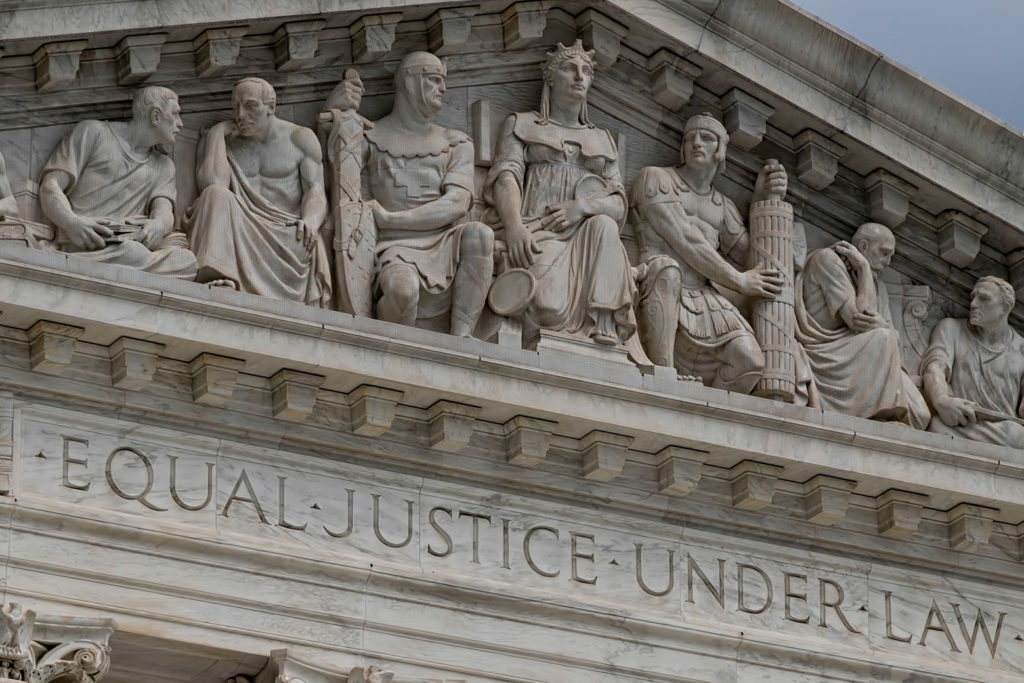Is a Master’s in Criminal Justice Worth It?
This blog post will help you assess whether a master’s in criminal justice is a valuable investment for you. Keep reading for tips on how to weigh potential criminal justice master’s degree benefits — like increased earning potential, access to leadership roles, and options to specialize in community corrections and other high-demand areas — against the financial […]

















